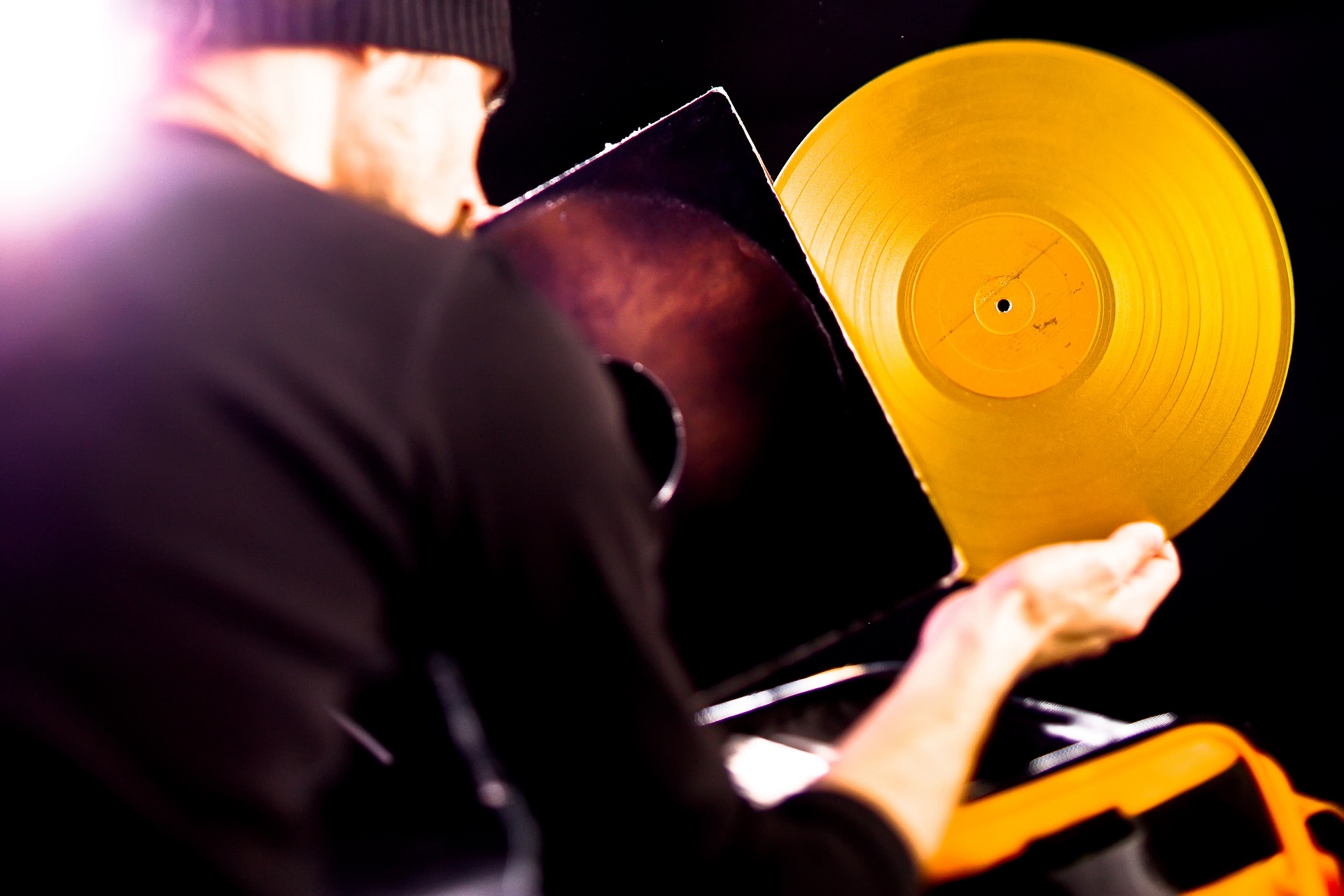So Fresh and So Clean: Organizing Your Digital Library
November 7, 2016

A DJ’s music library can be his personal stamp on his craft and business. Exclusives remixes, rare finds and extensive collections of current and classic songs can make or break any dance floor crowd or event experience. Having a large library is great, but if you don’t know how to organize your digital music, it really won’t mean anything. Mixing is all about the right song played in the moment, and that means you need to have your tracks organized and available to load up. Here are some tips to ensure that you can easily access the right song at the right time.
Create a Filing System
There is no one perfect way to organize your digital music files; the key is to have some type of system that works for your particular way of maneuvering throughout your events. Creating a system will allow you to hone in on the specific songs needed for an event, creating a much more focused library within your full collection. For example, you can effectively organize your crates and playlists by:
- Genre (electro house, moombahton, dancehall, trap, acapellas, R&B instrumentals)
- Vibe (warm up set, peak hour playlist, transition songs, line dances)
- Event (wedding songs, corporate playlist, holiday social)
And so on. Organizing by beats per minute can be a great way to organize music files, but only if you go a step further to create subcrates or playlists for genres or sets. A good DJ knows that all songs within a particular BPM range do not automatically mesh well.
Tag Your Song’s Metadata
Taking an extra few minutes to apply file metadata can be the difference between cueing the perfect song and desperately typing various song titles or keywords (ultimately killing your mix idea) while you’re performing. To secure full control of your library, detail your music files with tags and subtags. As much as you can, categorize each song with information ranging from dates, genres, subgenres, explicit content, remixer, song key, BPM and file quality. It is also a good idea to use the “comments” field to include any information or keywords that may help you find the file quicker.
Purge Your Library Regularly
In an attempt to have all songs for all occasions, DJs can become music hoarders quickly. Downloading files on the fly and importing full albums, for example, will increase your library size, but that can lead to unnecessary use of needed real estate in your virtual crates. In the digital era, virtual space can hide thousands of songs. It is important to regularly sift through your library to get rid of files that may not be relevant to your business. If you cannot take an hour or so each week to update and delete files from weekly downloads, find time do so at least once a month to stay ahead of a music overload or pile-up. You’ll thank yourself at the next event that you rock.
These are but a few ways to organize your digital music library and get a handle of an expansive collection of songs. Getting–and staying–organized will always be the key to efficiency and creative management of your music business and events. Library maintenance won’t be a task that most DJs look forward to, but being proactive about keeping a neat music arsenal will ultimately reward you with a more focused set for any occasion.